This cooking gas misery – Tribune Online
[ad_1]
LAST month, the liquefied natural gas company, Nigeria LNG Limited (NLNG), was forced to declare force majeure, a common clause in contracts intended to free the parties to a deal from liability or obligation in the face of extraordinary events or circumstances beyond their control, as flooding ravaged the country and disrupted the operations of upstream gas suppliers. According to the company, the declaration followed the notice given by gas producers as a result of high flood water levels in their operational areas, leading to a shut-in of gas production which has caused significant disruption of gas supply to NLNG. The NLNG general manager for external relations, Andy Odeh, said the company was reviewing the situation with gas suppliers to ascertain the extent of the disruption to its operations, and would endeavour to mitigate the impact of the force majeure to a reasonable extent.
According to analysts, the declaration could worsen Nigeria’s cash crunch and curtail global gas supply as Europe and other countries struggle to replace Russian exports due to its invasion of Ukraine. However, while flooding is a natural occurrence which could be difficult to predict and prepare for, not having enough gas in store to meet the demands of Nigerians in spite of the flooding would certainly be a sign of inefficiency and ineffectiveness on the part of government and the managers of the Nigerian National Petroleum Company Limited (NNPCL). The NNLG, which accounts for 40 percent supply of gas in the domestic market, has in recent times been the sole supplier of gas in the domestic market.
Following the NLNG’s declaration, however, the National Association of Liquefied Petroleum Gas Marketers (NALPGAM), urged Nigerians to refrain from panic buying of liquefied petroleum gas, otherwise known as cooking gas. It hinged its position on the information at its disposal, namely that the NLNG had not shut down its production facility in Bonny as widely speculated. NALPGAM’s president, Mr. Oladapo Olatunbosun, confirmed that the company had, on October 20, shipped a cargo of liquefied petroleum gas for the domestic market, while assuring that the dedicated vessel for shipment of LPG from the NLNG Plant in Bonny, Alfred Temile, had arrived Lagos to discharge the product. Olatunbosun said: “The public should know that the supply of LPG from NLNG has not stopped. We should not give opportunity for further price hike due to speculated shortage of the product.” He added that the NLNG had assured his association that it would keep producing LPG based on the feed-gas it received from its gas suppliers, adding that production was expected to pick up whenever the flood receded.
In spite of the assurances, the price of cooking gas, which immediately shot up following the NLNG’s announcement, remains high. In December last year, the NNPC announced that it was working towards increasing the supply of cooking gas in a bid to force down its rising prices. The NNPC Group Managing Director, Mele Kyari, made this declaration while inaugurating the 120-metric tonne LPG storage and bottling plant by Emadeb Energy Services Limited in Abuja. Kyari spoke against the backdrop of the unbearable hike in the prices of cooking gas which had forced many Nigerians to resort to the use of firewood and charcoal contrary to the government’s policy of encouraging “clean” energy. Kyari had said at the time: “Two things are in play. One is the supply and the other is the international price of gas. It (price) moves with the price of every other petroleum product including crude oil and its derivatives. So it is a reflection of what is happening in the international market. What we are doing is to increase supply. Once the supply is increased, the prices will come down.”
As we noted in previous editorials, the astronomic increase in the price of cooking gas is influenced largely by the fact that most of the cooking gas consumed in Nigeria is imported, not produced locally, with implications for the foreign exchange market, and the 7.5 percent value added tax (VAT) imposed on the product by the Muhammadu Buhari-led Federal Government with a retroactive effect that put importers in a fix. With the increasing loss of value by the naira against the dollar at the international market, it is a no-brainer that the cost of cooking gas will keep rising. It is distressing that gas is still being flared in the country even though Nigerians need it very badly for domestic consumption. With the increase in the cost of gas, deforestation activities will continue to worsen and households thrown into greater hardship, a tragic departure from the reported original plan to pipe gas to consumers’ homes.
The government has to quickly work on how to save Nigerians from the impending crisis and associated hardship on account of the inefficiency at the level of the NNPCL. Other countries in the world are having a windfall on account of the rising cost of gas and petrol due to the Russian-Ukraine war and it is precisely during this time that Nigeria is advertising not being able to produce gas. This is a sad commentary on the country and its rulership and the shame of the situation should help to spur the government and all concerned to work out remediation plans immediately and with greater urgency.
[ad_2]
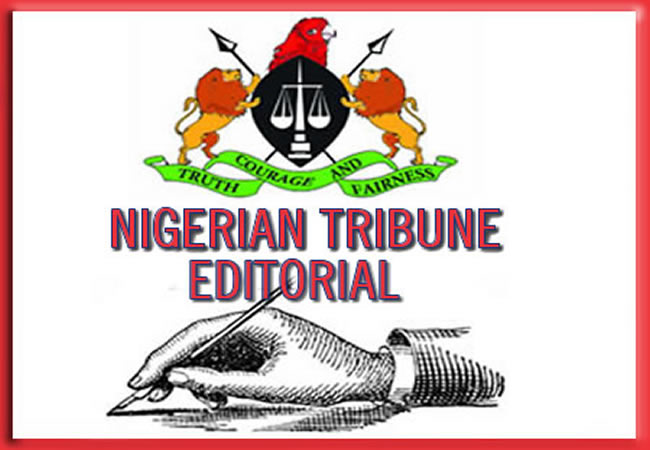



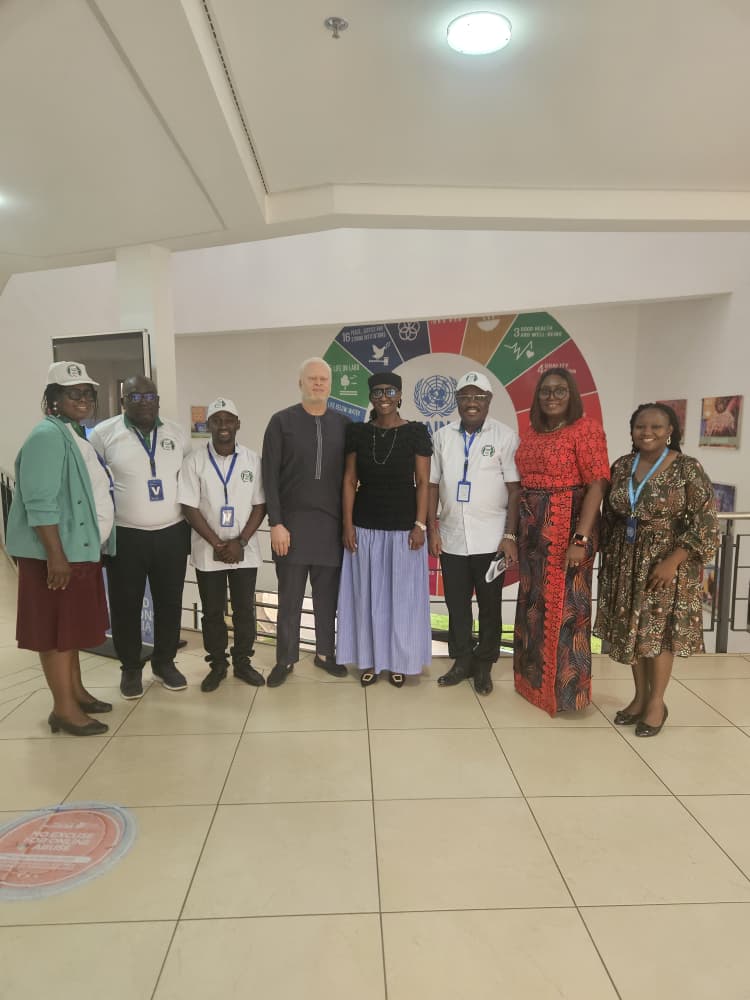



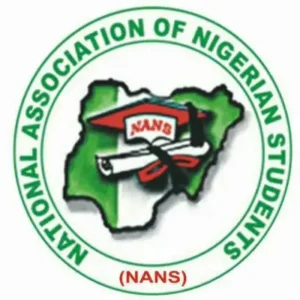

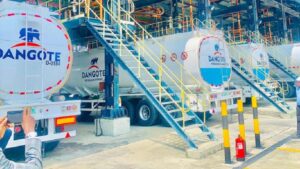



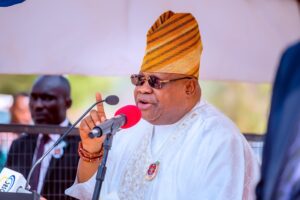
Post Comment